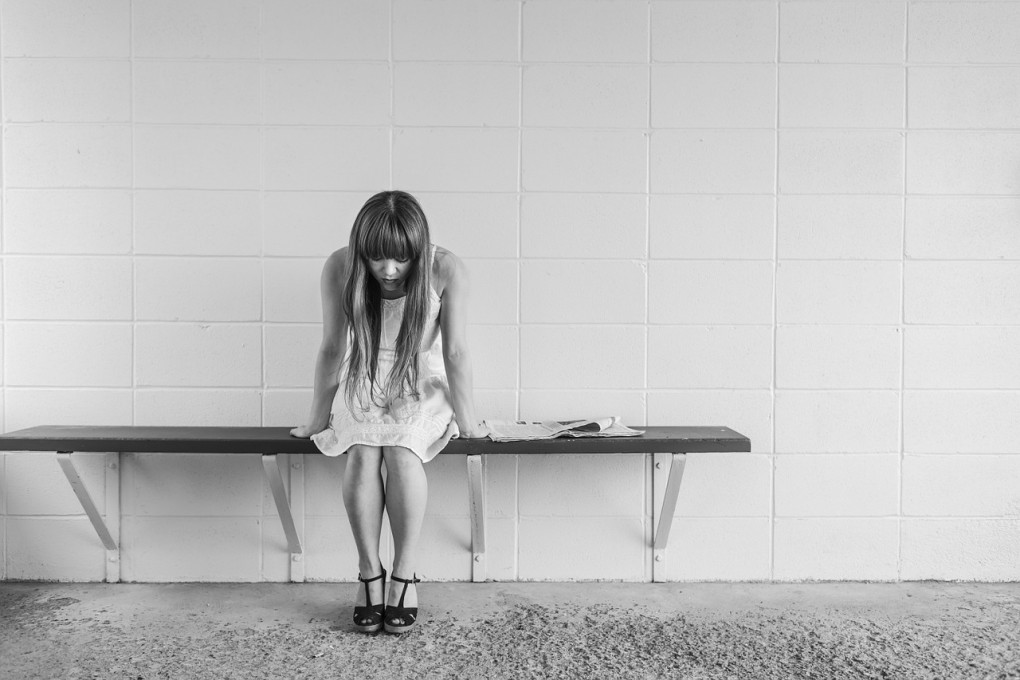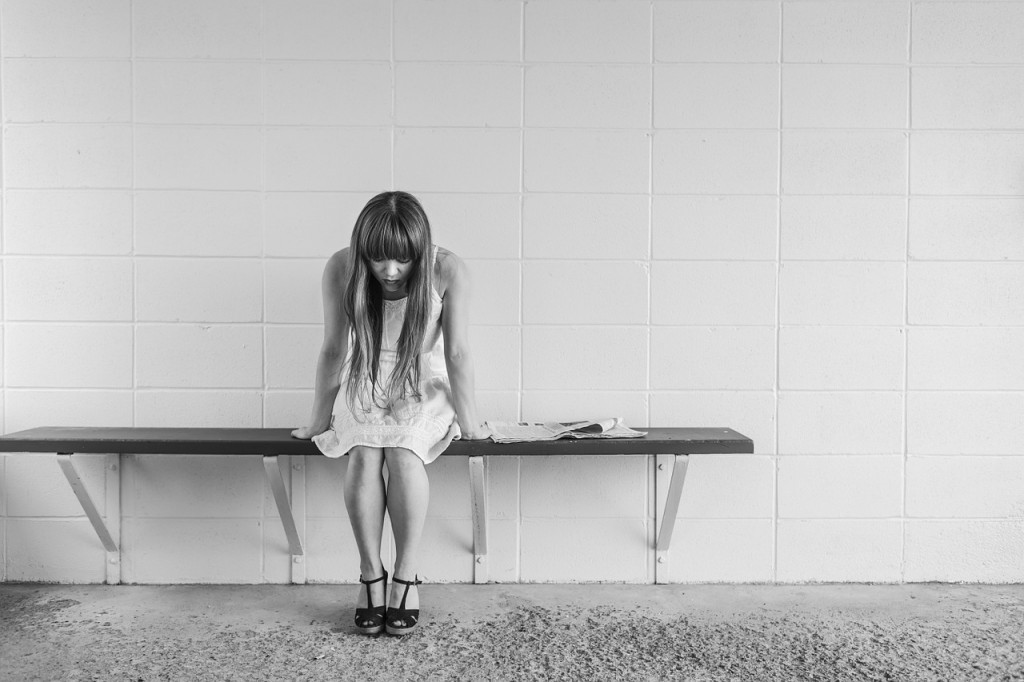Why Recovering Addicts Must Stay In Practice
People generally throw a lot of energy into their recovery process and they do so from many different angles. As they try to build up their physical, emotional and mental strength, they begin to realize that it takes a multi-faceted approach to stay clean and sober. This is a testament to the very complicated structure to a person’s personality and to the simple point that relapse triggers come in many different forms.
Needless to say, your emotional, mental or physical “spheres,” as I like to call them, interact with each other. If you are running through a lot of negative thoughts in your head, you feel down, sad, depressed. Similarly, you could simply be feeling depressed or sad with no particular reason behind it and you will find negative thoughts come flooding in.
There several widely respected therapeutic methodologies that make use of this knowledge. Cognitive-emotional-behavioral worlds are closely linked and therapists try to teach their clients how to understand these links as a means of understanding oneself.
Widget not in any sidebars
Recovering addicts often use strategies that make use of these connections. They need to build up their emotional tolerances and recognize the thoughts that lead them back into trouble.
Some use the term “practice sobriety,” as a code for shoring up an addict’s defenses so he or she can withstand daily triggers and also withstand the larger events that shake up people’s lives from time to time. Others point to a sense of maturity in a person’s recovery, looking for signs of emotional sobriety that indicates a recovering addict can handle more and more of life’s various obstacles and events that can lead to relapse.
A day to day stress point could be dealing with a boss you don’t like, while a major emotional event might be losing out on a promotion or a raise that you had expected. Relationships also go through ups and down and the emotional roller-coasters that come with the territory are also defined as stress points.
That’s right: The emotional life that people in recovery must learn to get through without relapse includes events we consider positive. A break-up of a relationship, a divorce or a funeral are negative emotional events, but a birth, a graduation or a wedding can be stressful, as well.
 Recovery means getting through negative events intact. But recovery also means getting through positive events without relapse.
Recovery means getting through negative events intact. But recovery also means getting through positive events without relapse.
This point is underscored when you consider what depression looks like from a clinical point of view.
Depression, in common terms, means a long period of feeling sad. But depression is not always about sadness.
Consider it from the point of view of someone who is emotionally stable. This does not mean someone is tightly in control of their emotions. People who are emotionally strong allow themselves to feel very happy when life is going well and they allow themselves to feel very sad when something very negative occurs. They don’t stay in extreme states very long, but they feel safe being sad, dissatisfied, happy, joyful, whatever fits the occasion.
People who are depressed cling tightly to the middle of the line, not giving themselves permission to feel joy or deep sadness. Although their mood is sad, their affect is flat, as they usually cut themselves off from the highs and lows of the emotional spectrum.
Meanwhile, relapse triggers come in all shapes, sizes and colors. Or they just come as a blind urge that wells up inside. What happens then?
That’s when those days, weeks or months of practice come into play. Recovering addicts practice sobriety on an average day so that when an emotional event strikes, they are not defenseless. They know that calling a sponsor or a friend works. They know that attending a meeting is important. They know that they can go jogging to work through stress. They know that a few deep breaths or a prayer book might calm them down.
Just like an ambulance team practices so they can operate in high-stress situations, a recovering addict practices for the cloudy days that life throws their way.



